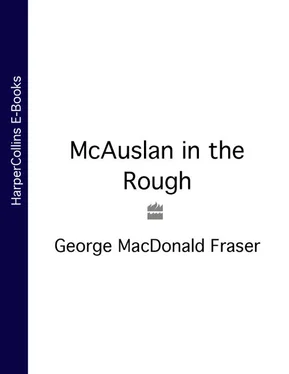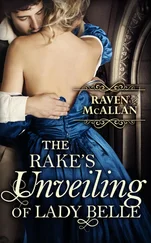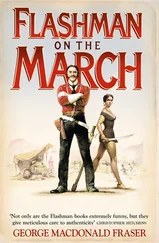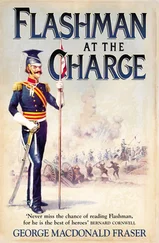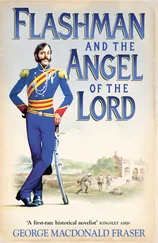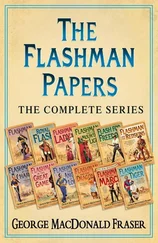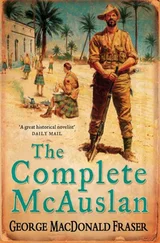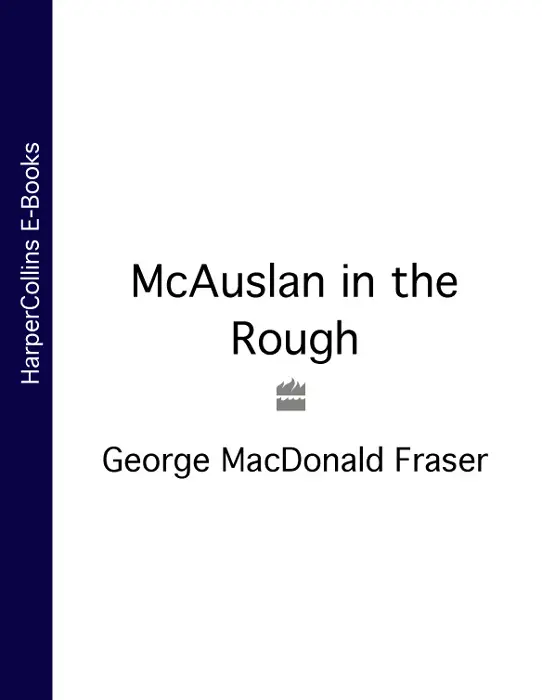
GEORGE MACDONALD FRASER
McAuslan in the Rough

For
Sie, Caro, and Nicky
some more stories
Cover
Title Page GEORGE MACDONALD FRASER McAuslan in the Rough
Bo Geesty
Johnnie Cope in the Morning
General Knowledge, Private Information
Parfit Gentil Knight, But
Fly Men
McAuslan in the Rough
His Majesty Says Good-Day
Author’s Note
Glossary
About the Author
By the same author
Copyright
About the Publisher
See this fella, Bo Geesty? Aye, weel, him an’ his mates, they wis inna Foreign Legion, inna fort, inna desert, an’ the wogs wis gettin’ tore in at them. An’ a’ the fellas inna fort got killt, but when the relief colyum arrived a’ the fellas inna fort wis staundin’ up at the wall, wi’ their guns an’ bunnets on, like they wis on guard. But they wis a’ deid. The fellas in the relief colyum couldnae make it oot; they thought the place must be hauntit. So they did. It wis a smashin’ picture, but.
—Private McAuslan, as critic, on the film
of P. C. Wren’s Beau Geste
Fort Yarhuna lies away to the south, on the edge of the big desert. It was there, or something like it, in the days when the Sahara was still grassland; in more modern times it saw long-range patrols of Alexander the Great’s mercenaries from fair Cyrene across the sandhills eastward, and it received the battered remnants of Hannibal’s regiments after Zama. It was garrisoned by Roman legionaries before the Vandals swept into it from the west, or Arab riders from the Great Sand Sea brought the first camels and planted the date-palms in the little village beneath its walls; it shielded the Barbary rovers’ sea-nests until a little detachment of U.S. Marines marched across the desert to plant the Stars and Stripes for the first time on foreign soil. The Caliphs ornamented its gateway, the Crusaders built the little shrine in the courtyard, the Afrika Korps stored the petrol for their panzers in its stables, the Highland Division left their inevitable “H.D.” trademark on its walls, and Private Fletcher (I suspect) scribbled “Kilroy was here” and “Up the Celtic” on its main gate. That was during the Twelve Platoon occupation, circa A.D. 1946.
The reason for Fort Yarhuna’s long existence is that it commands a crossing of the great caravan trails, the last oasis on the edge of nowhere. The great trains from the south, with their ivory and gold and slaves, paused here before the last lap north to Tripoli and Tunis, or before they turned eastward for Egypt; coming in the other direction, it was where the Mediterranean traders tightened their girths and sharpened their weapons against the Touareg bandits who infested the southern roads through the biggest wasteland in the world. Fort Yarhuna, in fact, has seen a lot of hard service and is a very hot station. Its importance to me is that it was my first very own independent command, and the significance of that is something which Hannibal’s men, and Alexander’s, to say nothing of the Romans, Vandals, Crusaders and Leathernecks, would be the first to appreciate.
Why we had to garrison it, nobody knew. The battalion was stationed on the coast, in civilisation, the war was over, and there was nothing to do except show the flag, bathe, beat retreat every Friday with the pipes and drums to impress the locals, and wait to be demobilised. But Higher Authority, in Cairo, decreed that Fort Yarhuna must be garrisoned—they may have had some vague fears of invasion from the Belgian Congo, or been unduly impressed by seeing The Desert Song , but more probably it was just military tidiness: Fort Yarhuna had always been manned, and it was officially in our battalion area. So, since I had been commissioned for six months and attained the giddy height of lieutenant, I was instructed to repair to Fort Yarhuna with two platoons, place it in a state of defence, occupy it for a month in the name of the King and the United Nations, close its gate at sunset, see that the courtyard was swept and free from litter, and in the event of an Arab uprising (I’m sure someone had seen The Desert Song ) defend it to the last round and the last man etc., etc.
Of course, there wasn’t a chance in a million of an Arab uprising. Since the Italians had been heaved out in the war, all that the genial Bedouin wanted to do was carry on loafing in the sun, catching cholera and plodding his caravans through Yarhuna village from nowhere to yonder; the nearest thing to illegal activity was the local pastime of looting the debris of war which Montgomery’s and Rommel’s men had left spread over the countryside, for in those days the whole way from Egypt to Tunis was a great junkyard of burned-out tanks, wrecked trucks, abandoned gear, and lost ammunition dumps. And whatever Cairo thought, the local official opinion was that the Arabs could have it, and welcome.
I was more concerned at the possibility of a Twelve Platoon uprising. A month stuck in a desert fort would be no joy to them, after the fleshpots of the coast, and while six months had established a pretty good working relationship between me and my volatile command of Glaswegians and Aberdeenshire countrymen, I was a trifle apprehensive of being their sole authority and mentor so far away from the battalion, where you have the whole apparatus of Army, Colonel, Regimental Sergeant-Major and provost sergeant to back you up.
The Colonel, that kindly, crafty old gentleman, gave me sound advice before I set out. “Work ’em stupid,” he said. “Every parade—reveille, first inspection, cookhouse, and company office—must be on the dot, just as though you were in the battalion. Anyone drags his feet by as much as a second—nail him. I don’t care if half the detachment’s on jankers. But if you let ’em slack off, or have time to be bored, they’ll be sand-happy before you know it. It can happen well inside a month; ennui has undermined more outpost garrisons than plague or enemy action, take my word for it.” And he went on to tell me harrowing tales of Khyber forts and East African jungle stockades, called for another whisky, and assured me it would be great fun, really.
“To keep you occupied, you’re to dig for water, inside the fort itself. The place hasn’t been occupied for years, but there’s got to be a well somewhere, the Sappers say. If one is found, it’ll save the water-truck coming down every second day. You can pick up the drilling equipment at Marble Arch depot—they’ll give you a driver to work it—while Keith takes the detachment down to Fort Yarhuna and settles ’em in.”
Keith was the second-lieutenant who commanded Eleven Platoon—the garrison of Yarhuna was to be a two-platoon force—so I despatched him and the command to the fort, while I went with one section to Marble Arch for the drilling gear. It was a long, dusty, two-day haul east on the coast road, but we collected the drilling-truck from the Service Corps people, were shown how the special screw attached to its rear axle could drill a ten-foot shaft six inches across in a matter of minutes, and told that all we had to do was proceed by trial and error until we struck water.
I was in haste to get back along the coast and down to Fort Yarhuna to assume command before Keith did anything rash—young subalterns are as jealous as prima donnas, and convinced of each others’ fecklessness, and Keith was a mere pink-cheeked one-pipper of twenty years, whereas I had reached the grizzled maturity of twenty-one and my second star. Heaven knew what youthful folly he might commit without my riper judgement to steady him. However, we paused for a brief sight-see at Marble Arch which, as you may know, is one of the architectural curiosities of North Africa, being a massive white gateway towering some hundreds of feet out of the naked desert, a grandiose tombstone to Mussolini’s vanity and brief empire.
Читать дальше
